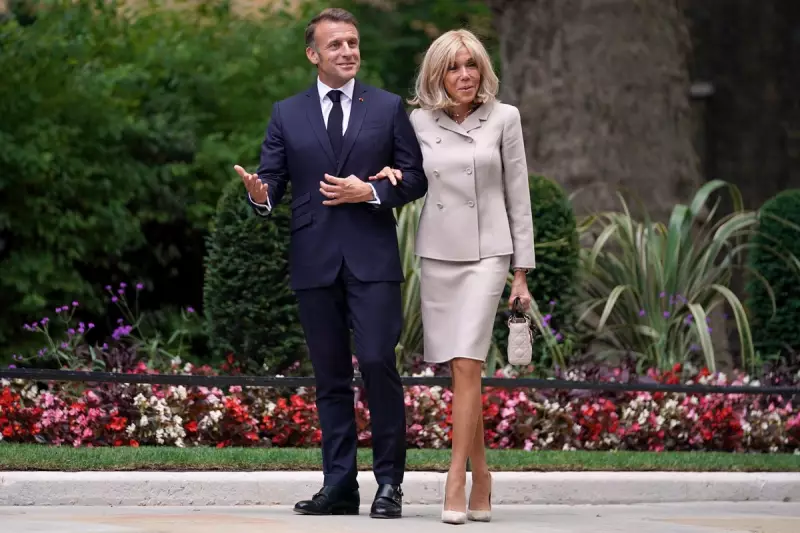
In a groundbreaking legal move that's capturing international attention, France's First Lady Brigitte Macron has initiated legal proceedings against American conservative commentator Candace Owens. The case represents a significant escalation in the battle against online harassment of public figures.
Unprecedented Legal Action
The French First Lady's legal team has filed a formal complaint with Paris prosecutors, alleging that Owens engaged in a sustained campaign of cyberbullying and digital harassment. This marks one of the most high-profile cases of its kind involving a sitting president's spouse taking on an international media personality.
The Allegations Explained
According to legal documents, the case centres around multiple social media posts and public statements made by Owens that allegedly targeted Madame Macron with derogatory comments about her appearance and personal life. French authorities are now examining whether these actions violate the country's strict cyberbullying laws.
Legal Framework and Potential Consequences
France has some of Europe's most robust anti-harassment legislation, with cyberbullying carrying potential penalties of up to three years in prison and fines of €45,000. The case is being closely watched by legal experts as it could set important precedents for cross-border digital harassment cases.
International Implications
This legal battle transcends national boundaries, raising crucial questions about jurisdiction in digital spaces and the responsibilities of international media figures. Legal analysts suggest the outcome could influence how European courts handle similar cases involving foreign nationals.
The case comes amid growing concern about the impact of online harassment on public figures worldwide. Brigitte Macron's decision to pursue legal action signals a shift toward more assertive responses to digital abuse from those in the political spotlight.
As the legal process unfolds, the case continues to spark debate about free speech boundaries, the rights of public figures to protection from online abuse, and the evolving landscape of digital accountability across international borders.





